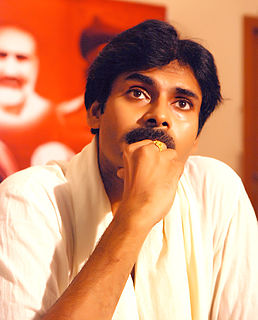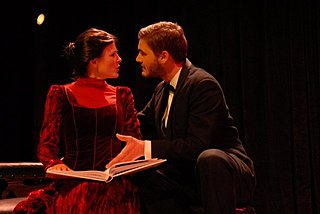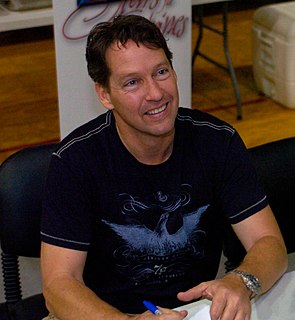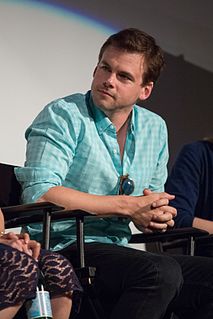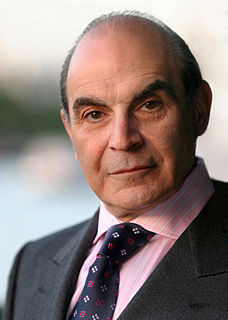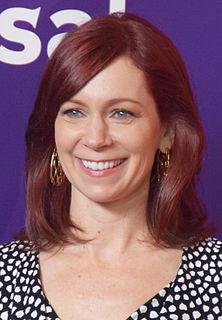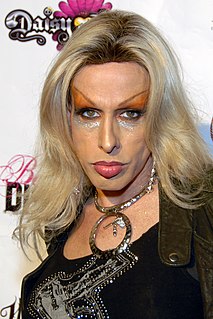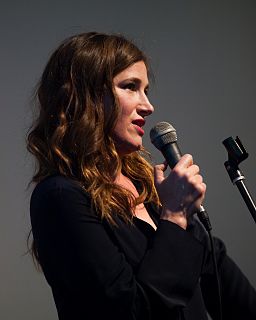A Quote by Divyanka Tripathi
Being a TV actor is quite different from being a movie star, and I always try and highlight my character. It is the reason why I am more inclined to taking frequent sabbaticals: so that when I return, people can identify with the character I play.
Related Quotes
If you know what it is before you even start, it's not as interesting. Central to being an actor is pretending, and the adventure of it all. That's why you become a junkie for different kinds of situations. I try to attach myself to people who really inspire me, and directors who are really passionate. That way, I can give myself more fully and trust the impulse behind why the film is being made, and I can be a little more irresponsible in finding out what the character is. I have to worry less about what the character means if I trust the director.
This is a corny actor thing to say, but the first step is that you can't judge the character that you're playing. If it's built in three-dimensional fashion, you'll just play a character who's going out and seeking the best version of their life that they can find. That gives the character an accessibility that everyone can identify with.
TV acting is so extremely intimate, because of the peculiar involvement of the viewer with the completion or "closing" of the TV image, that the actor must achieve a great degree of spontaneous casualness that would be irrelevant in movie and lost on the stage. For the audience participates in the inner life of the TV actor as fully as in the outer life of the movie star. Technically, TV tends to be a close-up medium. The close-up that in the movie is used for shock is, on TV, a quite casual thing.
Performing as a musician is a lot different than performing as an actor. As an actor, you can hide behind the character in the play, and there's a director and other actors. When you're a musician, you're right there. It's sort of like being a comedian. You're giving the audience in real time something authentic from yourself. As an actor, my bullshit meter was going off like crazy at my first attempts to find my own rock star.
The great exception to that, of course, is Johnny Depp, who is absolutely the ultimate character actor. Johnny Depp is the future of the character actor and thanks to his success maybe we will see the return of an era when my sort of actor is back in vogue. It's not in vogue for me to be in Hollywood movies as lots of different people.
When I'm writing, I try to have the mask of my character on as I'm walking through the world. When I'm not at my desk, the rest of the time, I try to stay in that character and see the world the way that character would It's almost like method acting in a way — keeping the character close the way the actor keeps a script close and always tries to be in character.
A lot of times, in film and TV, they just want you to play yourself. But, when you're someone who's more of a character actor, you get to experience what it feels like to play a bunch of different kinds of people. I find it more invigorating than challenging. I definitely trust the writers to give me the material that I will take and turn into the person that I'm playing.


